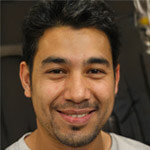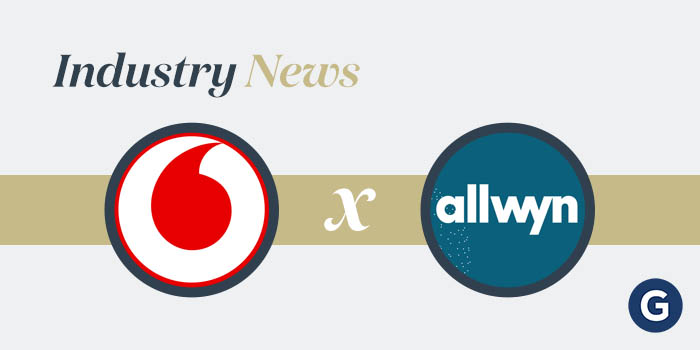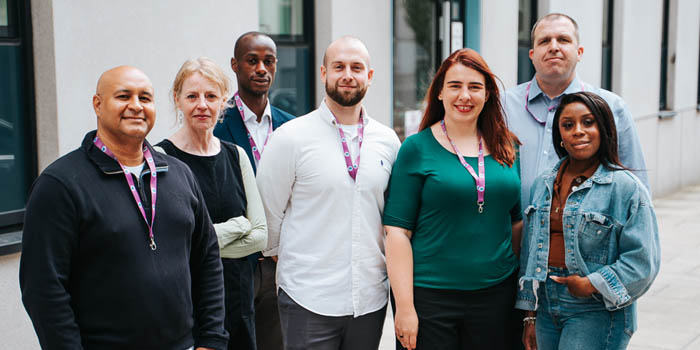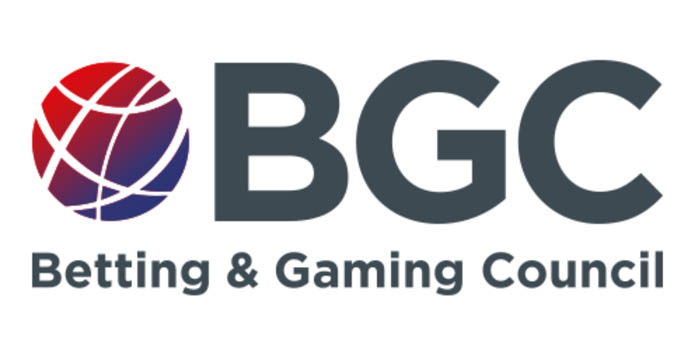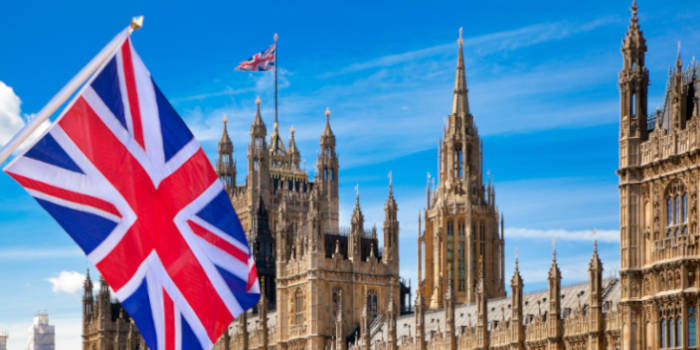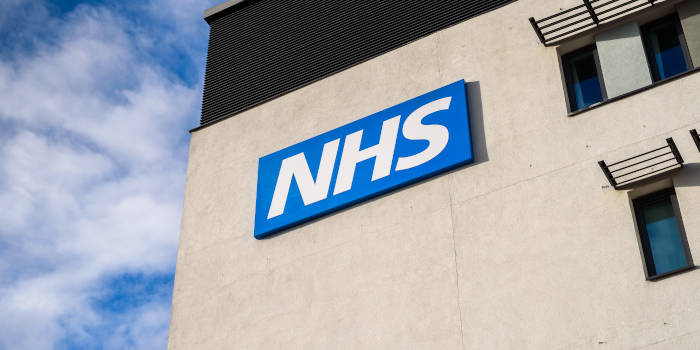Gambling Addiction in Great Britain Closer to 2.7% Survey Says

New survey by GambleAware indicates that the actual number of gambling addicts in Great Britain might be closer to 2.7% of the adult population.
A New Look at Gambling Addiction Numbers in the UK
Gambling addiction continues to be a contentious bone in the UK, and not even a spate of changes to regulation, including betting limits, responsible gambling messages, and cutting out advertisement, has helped, it seems, reduces problem gambling, or so a new look into the number of problem gamblers would suggest.
According to survey commissioned by GambleAware, YouGov has found that close to 1.4 million people in Great Britain, or 2.7% of the adult population, are problem gamblers. Despite the numbers cited in the survey, experts have argued that the actual number of problem gambling in Great Britain is closer to 0.7%.
Why then the discrepancy? The survey focuses on establishing gambling addiction based on the Problem Gambling Severity Index or PGSI. Even if the 2.7% are not fully-fledged problem gamblers, then at least, a large number of them are scoring very high on the PGSI, which indicated uncontrollable compulsion to gamble.
In addition, some 3.6 million people have been negatively affected by someone with problem gambling behavior in their lives, or 7% of the adult population. Some 5 million people have also experienced gambling-related harm, the survey said.
Stepping in to bring clarity into the matter and gap in numbers, Professor Patrick Sturgis, who used to be a GambleAware trustee, said that it’s likely for both numbers to contain some imperfections.
He, though, agreed that the truth was somewhere in the middle, with original problem gambling numbers probably underestimated, and the new data perhaps going a bit too far.
Help Those At-Risk Fight Addiction
The risk of frequent gamblers intensifying their habits has also been brought up and lawmakers have issued new proposed guidelines to help people at risk during lockdown. Meanwhile, Carolyn Harris, from the cross-party group that examines gambling harm and issues recommendations, had this to say:
“While the rate of 2.7% could well be an overestimate, the health survey data seems to be a significant underestimate. This new data suggests that addiction levels are far higher than has been previously thought.”
Harris urged that regulators and the government take note of the latest data and apply safety mechanisms that properly protect vulnerable individuals. The report pointed that half of addicts never receive any treatment, and those who are on the poverty line, women and BAME tend to fare far worse than most individuals.
The lack of proper treatment has been attributed to persisting stigma in society that gambling addiction is looked down upon, even though the National Health Service (NHS) has put tremendous effort into assisting addicts.
According to NHS’ Matt Gaskell, who leads the gambling addiction clinics within the organization, the new figures should help with treatment as well. Gaskell did acknowledge that the “sense of shame” interferes with reaching all individuals and offering help.
Meanwhile, the country’s regulator, the UK Gambling Commission, acknowledged that the information in the new survey has been of great help and reminded that £9 million has been contributed towards the treatment of addiction. The sum was levied from imposing penalties on gambling companies who had failed to meet industry standards in full.
Jerome is a welcome new addition to the Gambling News team, bringing years of journalistic experience within the iGaming sector. His interest in the industry begun after he graduated from college where he played in regular local poker tournaments which eventually lead to exposure towards the growing popularity of online poker and casino rooms. Jerome now puts all the knowledge he's accrued to fuel his passion for journalism, providing our team with the latest scoops online.
